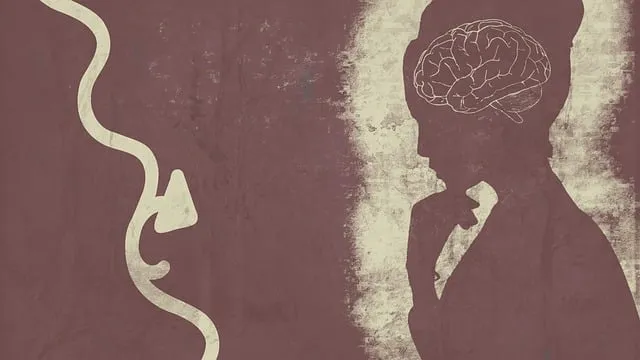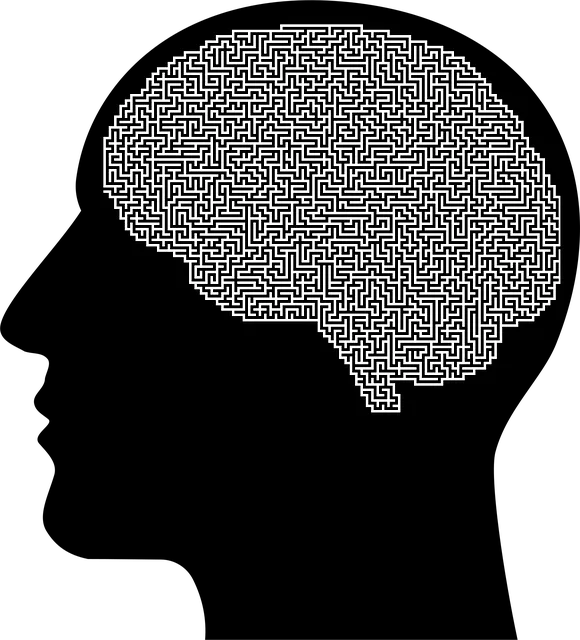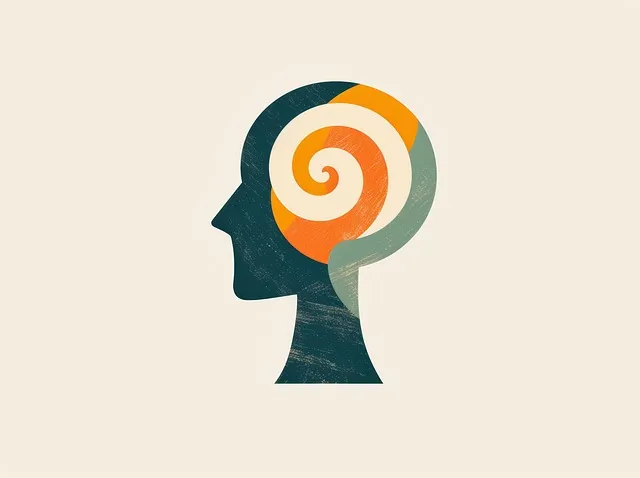The Boulder Kaiser Permanente mental health center emphasizes holistic stress management through Mind Over Matter principles, combining mindfulness meditation, coping skills development, and lifestyle changes like exercise and sleep to combat physical and mental effects of stress, offering tailored programs for healthcare providers focusing on burnout prevention and enhancing patient care through improved well-being.
Stress reduction is a vital aspect of maintaining optimal mental wellbeing, as evidenced by research at Kaiser Permanente Boulder. This article explores effective methods to combat stress, offering insights tailored to the unique needs of individuals within the community. We delve into understanding the root causes and impacts of stress, showcasing Boulder Kaiser Permanente’s approach centered around mindfulness and relaxation techniques. Additionally, we highlight lifestyle changes that foster long-term mental health and resilience.
- Understanding Stress: Causes and Impact at Kaiser Permanente
- Boulder's Approach: Mindfulness and Relaxation Techniques
- Lifestyle Changes for Long-Term Mental Wellbeing
Understanding Stress: Causes and Impact at Kaiser Permanente

Stress is a widespread issue that affects individuals across various aspects of their lives. According to Kaiser Permanente’s Boulder Mental Health Center, understanding the causes and impacts of stress is the first step towards effective management. Stress can stem from numerous sources, including work pressures, personal relationships, financial concerns, or even major life changes. At Kaiser Permanente, mental health professionals emphasize that chronic stress left unchecked can have profound effects on both physical and mental well-being. These may include heightened blood pressure, weakened immune system, anxiety, depression, and difficulty concentrating.
The center promotes a holistic approach to stress reduction, aligning with the Mind Over Matter Principles. This involves integrating various techniques such as Mindfulness Meditation and Coping Skills Development. By fostering a practice of mindfulness, individuals learn to stay present and centered, reducing the impact of stressful thoughts and emotions. Additionally, coping skills development equips people with strategic tools to navigate challenging situations, enabling them to respond rather than react to stressors in healthier ways.
Boulder's Approach: Mindfulness and Relaxation Techniques

Boulder Kaiser Permanente mental health center emphasizes a holistic approach to stress reduction, incorporating mindfulness and relaxation techniques that have proven effective in promoting mental wellness. Their programs are tailored for healthcare providers facing unique challenges like burnout prevention strategies. By integrating mindfulness meditation into daily routines, practitioners can enhance their ability to manage stress, improve focus, and cultivate emotional resilience.
This approach not only benefits individual well-being but also positively impacts patient care. The center offers a range of activities such as guided visualizations, deep breathing exercises, and yoga sessions designed to reset the mind and body. Through these practices, healthcare professionals learn to separate themselves from work-related pressures, fostering a sense of tranquility that translates into enhanced job satisfaction and improved interactions with patients.
Lifestyle Changes for Long-Term Mental Wellbeing

Making lifestyle changes is key to achieving long-term mental wellbeing, especially when supported by a trusted healthcare provider like the Boulder Kaiser Permanente mental health center. At this renowned center, professionals emphasize the importance of adopting holistic practices that go beyond traditional therapy. This includes fostering healthy habits such as regular exercise, mindful eating, and sufficient sleep, which form the foundation for robust mental health.
The Boulder Kaiser Permanente team also encourages clients to explore Mind Over Matter principles, focusing on self-awareness exercises that promote emotional balance. By integrating these practices into daily routines, individuals can enhance their resilience and effectively manage stress. Furthermore, Risk Management Planning for Mental Health Professionals is encouraged, ensuring practitioners prioritize their mental health while providing the best care for their patients.
Stress reduction is a vital aspect of maintaining good mental health, and both Boulder’s Kaiser Permanente mental health center and mindfulness practices offer powerful tools. By understanding stress triggers and adopting lifestyle changes, individuals can effectively manage their well-being. Incorporating mindfulness and relaxation techniques into daily routines allows for better stress navigation, ultimately enhancing overall mental resilience.






